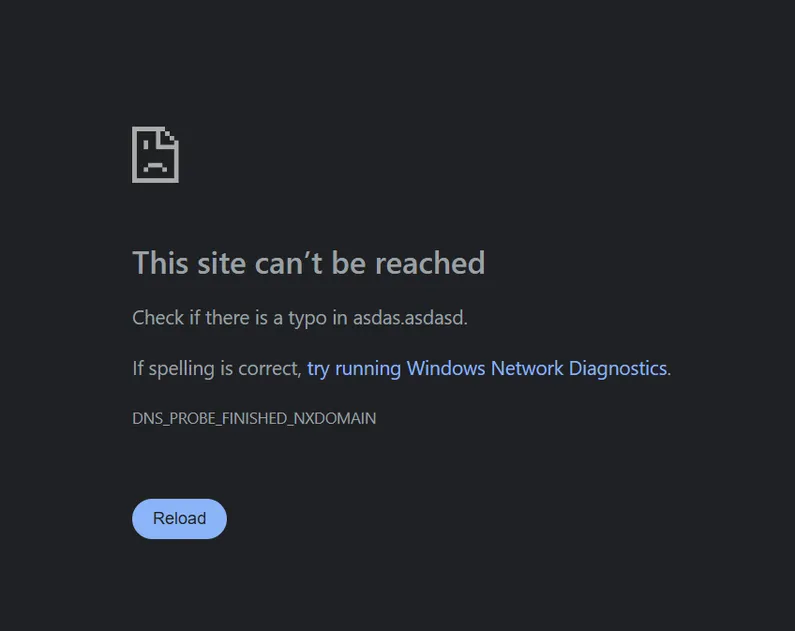
Why Most Business Websites Fail and How Website Builders Make It Worse
Why Most Business Websites Suck
A poorly designed website can drive customers away, hurt credibility, and limit business growth. Many business owners assume that just having a website is enough, but a low-quality or generic site can do more harm than good.
The Pitfalls of Generic Website Builders
Website builders promise quick and easy websites, but they often result in generic, sluggish, and ineffective designs. These platforms prioritize convenience over performance, leaving businesses with sites that fail to convert visitors into customers.
Example: A local contractor using a drag-and-drop website builder may struggle with slow load times, poor SEO, and limited customization, making it harder to attract and retain clients.
Lack of Customization and Branding
A strong brand requires a unique online presence. Website builders offer cookie-cutter templates that don’t reflect a business’s individuality, making it difficult to stand out in a crowded market.
Takeaway: A custom website allows for brand-specific designs, personalized user experiences, and tailored functionality that aligns with business goals.
Poor Performance and SEO Limitations
Many DIY websites suffer from bloated code, slow load times, and weak SEO. Search engines favor fast, well-structured websites, meaning businesses using website builders often struggle to rank and gain visibility.
Pro Tip: A custom-built website optimized for performance and SEO leads to better rankings, increased traffic, and higher conversion rates.
Businesses need more than just a website—they need a powerful digital asset that drives growth. Custom development ensures a fast, scalable, and uniquely branded site that works for your business, not against it.

